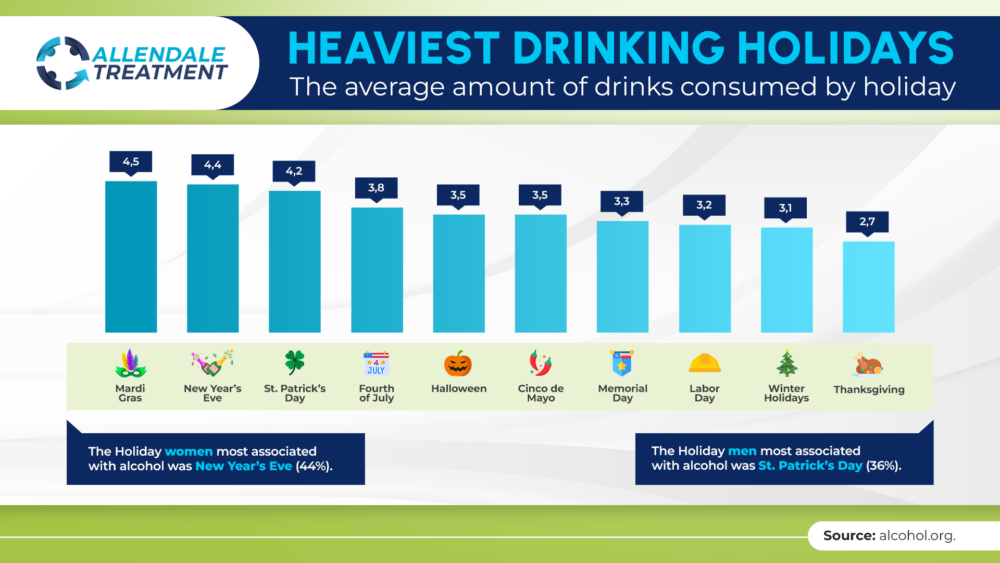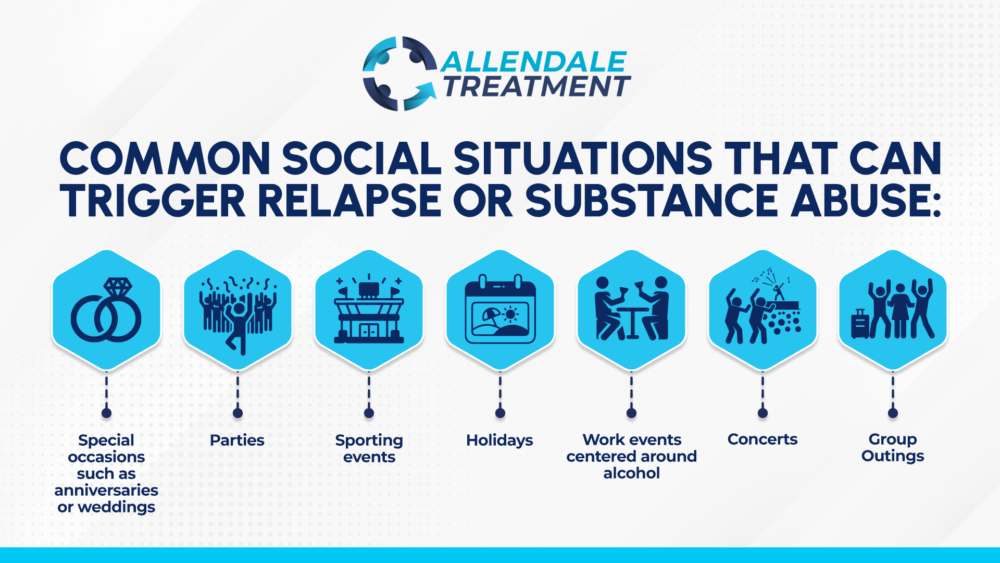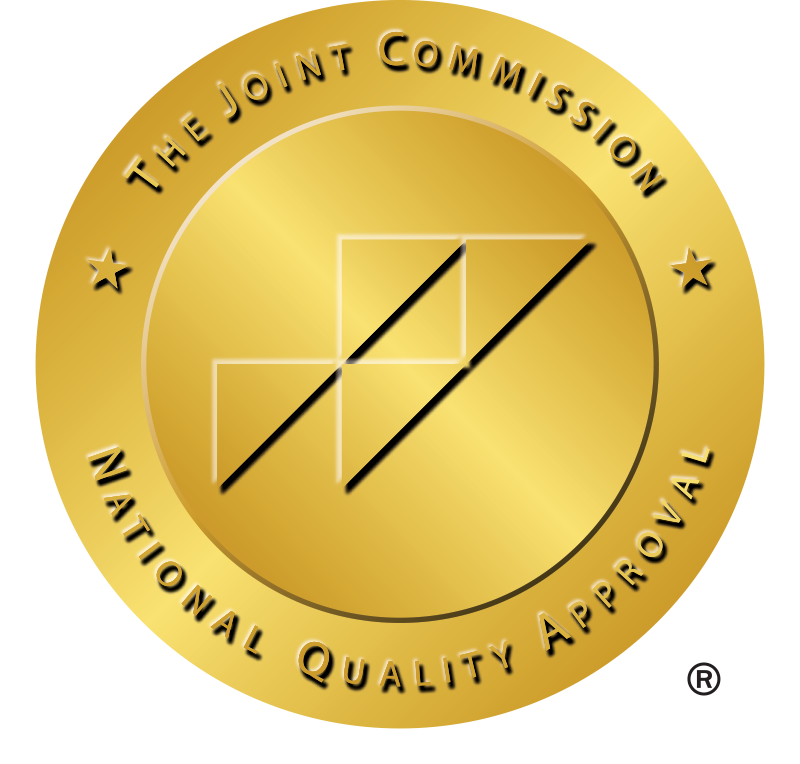Staying Sober in Social Situations While in Recovery
Staying Sober in Social Situations While in Recovery
Whether it’s a family wedding, a cookout with friends, or a holiday party at work, it can be challenging for people struggling with substance use disorders (SUDs) to stay sober in these situations. Between 40 to 60 percent of people struggling with SUDs will relapse after completing detoxification.
Updated: 2023
Written by: Allendale Treatment
If you or anyone you know are struggling with addiction, call (833) 338-6946 to speak with a professional.
While many different contributing factors could trigger a relapse, celebratory events and other social situations are common ones. To help prevent this from happening It’s important to understand the reasons why these occasions could cause a relapse and methods to help people struggling with substance abuse to maintain their sobriety.
Overdose Rates Increase During the Holidays
The holidays can be a particularly challenging time for people in recovery. Being around large groups of family and friends can be overwhelming and cause a variety of feelings such as anxiety and guilt. According to the Centers for Disease Control and Prevention (CDC), overdose rates are 22% higher during holiday versus non-holiday weeks with the months of December and January having the highest overdose rates.
Tommy Streeter, a community outreach coordinator for Allendale Treatment and Fort Wayne Recovery says that people who are concerned about relapsing during the holidays should reach out to local addiction support groups and rehabilitation centers. “We offer extra meetings on holidays like Thanksgiving and Christmas at our treatment centers and we encourage people in early recovery to try to attend those meetings before or after they attend their holiday gathering to help them navigate being in a situation they feel they’ll be more vulnerable to relapse,” says Streeter.

Family Gatherings Can Trigger Relapse
Being surrounded by loved ones can provide people in recovery from a SUD an extra layer of support but it can also make them feel uneasy if other family members are struggling with their own substance use issues. To prevent a relapse from occurring Nate Moellering, a community outreach coordinator at Allendale Treatment and Fort Wayne Recovery says that It’s important to set boundaries and know when it’s time to leave the party. “Sometimes family gatherings can turn into everybody getting high or drunk together and it’s important to have someone you can reach out to help you get out of that situation,” says Moellering. “Talk to your sponsor or a recovery coach about your concerns and create an exit plan before attending the gathering.”
Family functions can also be challenging if there are any unresolved problems, communication issues, or if other family members are struggling with their mental health. If someone in recovery starts to sense tension or if an argument breaks out, they should remove themselves from the situation as quickly as possible especially if they start to feel triggered.
Streeter says that if someone in recovery knows that visiting family will be challenging for them because they’re still trying to work on their sobriety, it’s okay for them not to attend. “If you’re in early recovery and you’re worried about being around friends and family members at a family function, it’s okay to not go and instead stop by an AA or NA meeting so you can continue to engage and build relationships with people who’ve been through what you’re going through and can provide you with additional support.”
Maintaining Sobriety in Social Settings
People struggling with a SUD may need to distance themselves from certain activities or people while working on their sobriety, but that doesn’t mean they need to isolate themselves. They can still enjoy social activities with family, friends and coworkers but they should take some steps to protect a relapse from occurring.

A few suggestions include:
If you or anyone you know are struggling with addiction, call (833) 338-6946 to speak with a professional.


